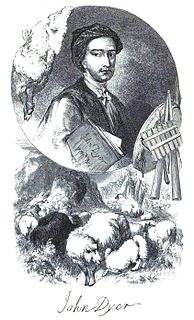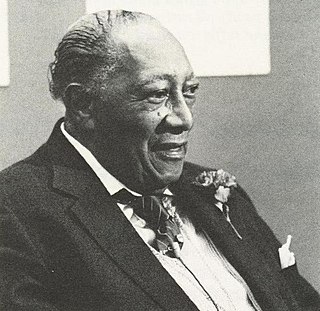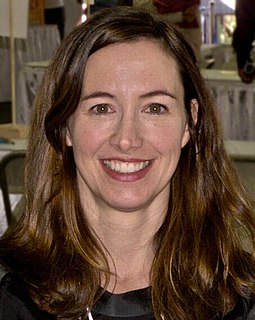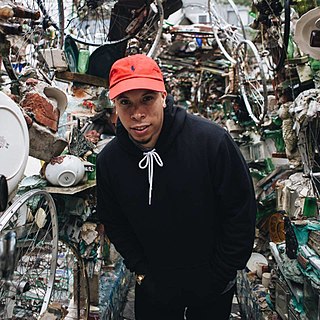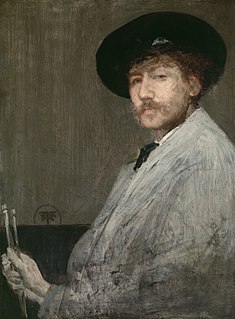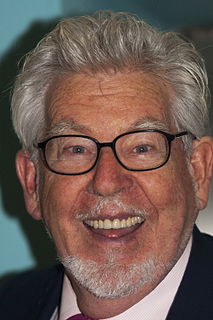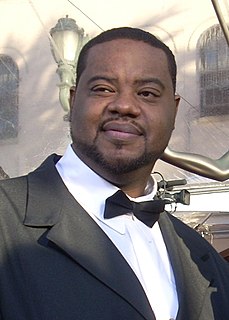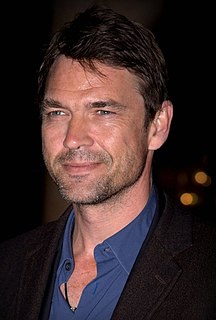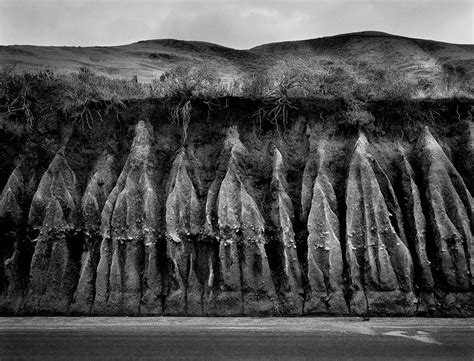A Quote by John Dyer
Related Quotes
When I say: "I'm looking at you, I can see you", that means: "I can see you because I can't see what is behind you: I see you through the frame I am drawing. I can't see inside you". If I could see you from beneath or from behind, I would be God. I can see you because my back and my sides are blind. One can't even imagine what it would be like to see inside people.
I don't paint, and I can't draw, but I see things, I think, quite well, and I love being able to freeze things with the camera, particularly the children. Then I discovered with the camera that you can tell a whole story with just freezing a moment in reality. I find it a very good way, a very satisfying feeling.
People can see you on TV sloshing paint around with big four-inch brushes, and I learned to talk to camera in a friendly voice, not talking down to people, just explaining what I was doing. People like Picasso, Van Gogh, and Rembrandt did not have a weekly TV programme where people could see them painting.
The camera is not only an extension of the eye but of the brain. It can see sharper, farther, nearer, slower, faster than the eye. It can see by invisible light. It can see in the past, present, and future. Instead of using the camera only to reproduce objects, I wanted to use it to make what is invisible to the eye - visible.
